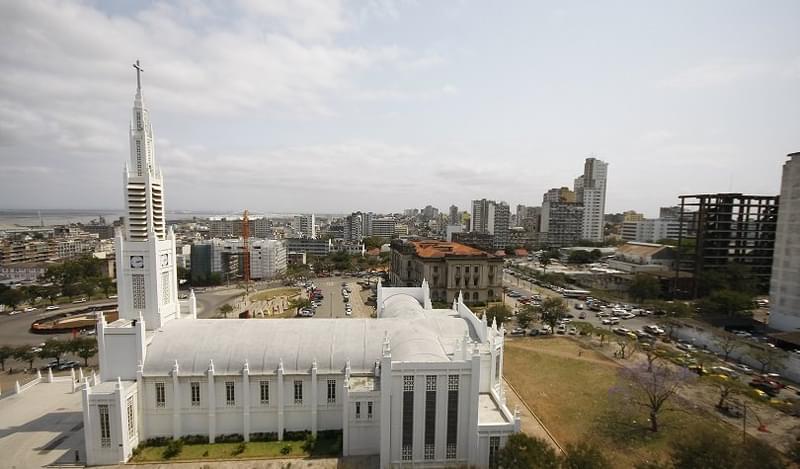Mozambique is facing an increasingly precarious financial position after revelations of undisclosed loans amounting to US$1.1bn emerged in May, bringing the country’s total outstanding public debt to US$11.64bn, or 83% of GDP as of 2015.
The undisclosed loans, worth US$622mn and US$535mn, were given to quasi-sovereigns Proindicus and MAM respectively. MAM recently missed a repayment deadline of US$178mn for the US$535mn loan, an amount the government has also been unable to cover.
The government has been trying to distance itself from indebted quasi-sovereigns, according to a senior Africa focussed fund manager.
The revelation of the undisclosed loans led the IMF to cancel the second tranche of a US$283mn emergency loan. This caused other lenders such as the World Bank’s International Development Association to also hold back their funding.
However, despite concerns over an imminent default, according to the fund manager, it is too early to tell whether the country will default.
“People have been saying Venezuela will default for the last two years and nothing has happened yet.”
He noted that whatever the progress the country was making, it was not happening fast enough.
Although the IMF is unlikely to let one of the world’s poorest countries enter default, the halting of the emergency loans poses a serious risk to Mozambique’s ability to stave off default. This could be further complicated by reports of another US$1.2bn of undisclosed debts in Mozambique.
The current debt crisis has hit investor confidence in the country hard, and revelations of further undisclosed debt could hasten a worsening situation. To further complicate matters, government officials have said that although they will not waive debt repayment obligations, they would also not make it a priority.
The fund manager noted that investors are unlikely to invest, even if positive news were to emerge from the country.
Hans Humes, Chairman and CEO of Greylock Capital Management added that the situation in the country was more likely to get worse before it cleared up. He noted however that sovereign bond prices had remained surprisingly resilient. They are currently trading within 17%.
“Yields have not yet got to restructuring levels,” Humes said.
The fund manager noted that Mozambique’s bonds are driven by headline news risk. “Everything hinges on what the IMF will say,” they said.









